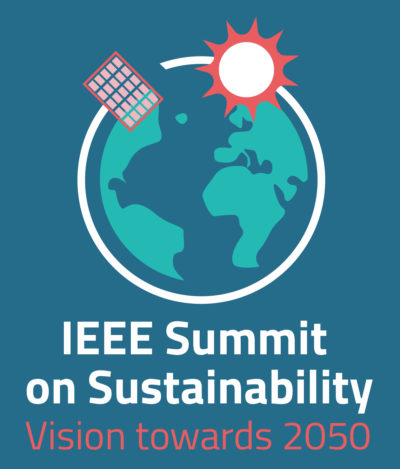How technological advancement can contribute to achieving a sustainable society by 2050?
The technological developments during the industrial revolution(s) have given prosperity, mobility, comfort, and increased health, making human life what it is today. Over the last decades, the impact of this progress on the climate and Earth as a whole has become clear, leading to growing awareness and the first mitigating actions being taken. Recently, the general public is showing increased concern and demands policymakers to take more concrete measures.
In November 2018, the European Commission presented its long-term vision for a climate neutral economy by 2050. In line with the Paris Agreement’s objectives, the strategy covers nearly all EU policies, outlines the economic and societal transformations that are required in order to achieve the transition to net-zero greenhouse gas emissions, and shows how Europe can lead the way to climate neutrality, including through investing into realistic technological solutions. In December 2019, the European Commission presented the European Green Deal – the Commission’s new growth strategy and centerpiece of President von der Leyen’s political guidelines. It resets the Commission’s commitment to tackling climate and environmental-related challenges, and aims to transform the EU into a competitive economy where there are no net emissions of greenhouse gases by 2050 and where economic growth is decoupled from resource use.
IEEE Summit
Against this backdrop, the Institute of Electrical and Electronics Engineers (IEEE) and the University of Leuven (KUL) are organizing on the 24th of March 2020 at the Royal Academy of Belgium for Science and the Arts in Brussels, Belgium, a one-day event on the vision towards 2050 and, more specifically, on how technological advancement can contribute to achieving a sustainable society by 2050.
The IEEE Summit on Sustainability – Vision Towards 2050 aims to bring together lead technologists, industry representatives, and policy makers with a view to formulating policy recommendations and shaping a joined-up approach to sustainability at large, where technology is a solution rather than a problem. Invited and confirmed speakers include C-level representatives from industry (e.g., GE, Siemens, etc.), as well as relevant Members of the European Parliament and Directors from the European Commission.
Three interactive panel sessions focusing on the following topics are anticipated:
- The Green Deal: Through Electric Energy Transition?
- Digital for a European Green Deal
- Incentivizing Tech Development
The Summit is held in a crucial year for the transition to a sustainable society as the European Union is laying the foundation for the implementation of the European Green Deal – the European Commission’s new growth strategy.
The conference will open the floor for public discussion and allow people to weigh in on the policies that will shape the vision for 2050. Such a future should retain comfort for the end-user, be affordable and should retain economic welfare in the regions participating. In addition, targeted side events and workshops are anticipated. The premise is that any implications deriving from interactions with policy makers, industry and academia can inform and enhance European policy options and perspectives.

